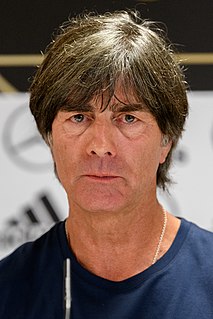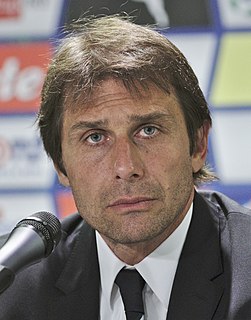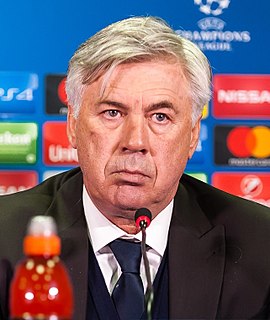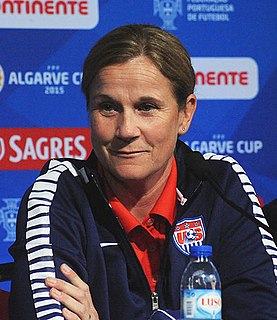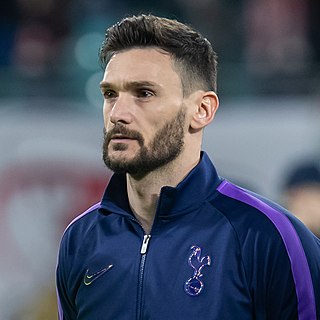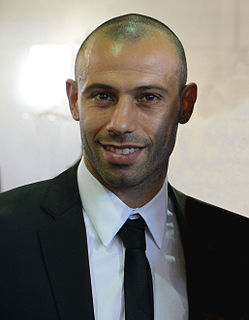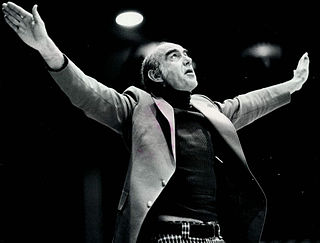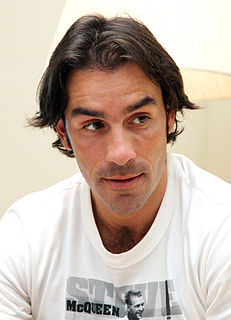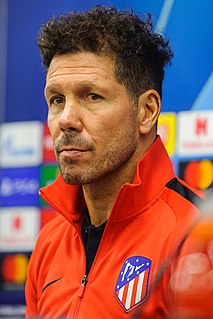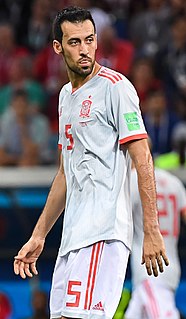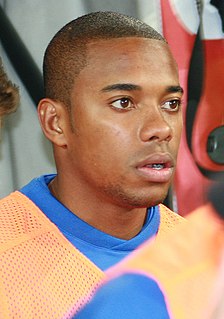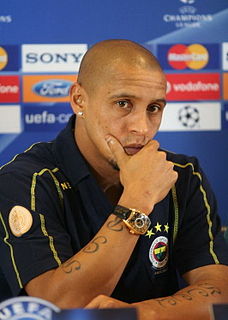A Quote by Joachim Low
The important thing is that the players do what the coach tells them on the pitch, both at their club and with the national teams. And that's the case with Mats Hummels.
Related Quotes
Every coach has to put himself in his club and to try to become a really important coach for his club. The most important thing is that the club can be happy, the fans can be happy, and the players can be happy with your work. This must be our task. Then, if you are No. 4, No. 5, No. 6, this is not important.
The owner or president is the person who controls the club. The coach's job is to keep him happy. But the key to success, as a manager, is your relationship with the players. Important clubs and important players succeed when the environment is correct. The players must enjoy their work and feel free to express their talents.
It never changes. Football is a game of repetition, mental and physical. You may try to articulate it a little different, but it's the same thing: Get better players, make fewer mistakes, and drill the fundamentals into your players' heads. The rest of it is a joke. Teams aren't winning because of what they had for breakfast of what some coach said in the locker room.
